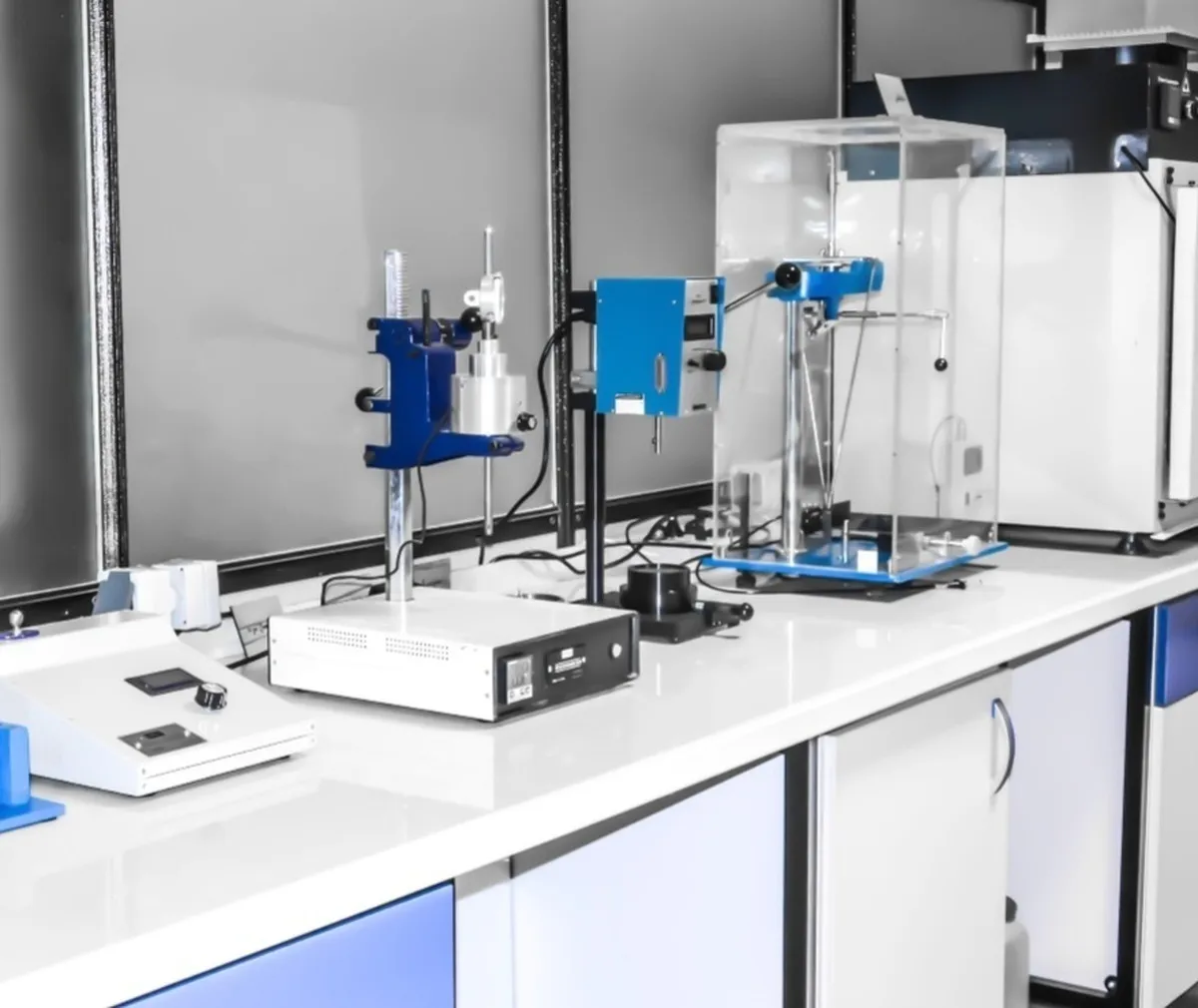Iranian Scientists Produce Lead-Acid Batteries from World's Lightest Material

“Lead-acid batteries, as the most widely used and oldest industrial batteries in various industries, including electricity, oil and gas, and defense industries, always face the challenge of reduced lifespan and low capacity, which in the long run leads to an increase in operating costs for replacement,” Arash Qazitabar, a faculty member of paint research center of Amirkabir University of Technology and the executive and technical director of acid-lead batteries project, told ANA.
“At present, our researchers have been able to increase the lifespan of these batteries by two to three times and their capacity by 25% by using graphene airgel which is known as the lightest material in the world,” he added.
“Although the price of these batteries has only increased by 20% compared to normal samples, it is 10 times lower than similar foreign samples and brings benefits to both the seller and the buyer,” Qazitabar said.
“This battery can be used as a UPS battery in infrastructure, wind turbines, solar systems and telecommunications, that's why it is produced in different capacities of 100, 200 and 420 amp hours and in 2 volts and 12 volts,” he noted.
In a relevant development in July, Iranian scientist Mohamad Khoshkalam from the Technical University of Denmark had used new electrolytes found in rocks to make batteries.
Researchers have discovered a new material based on rock silicates that could replace lithium in electric car batteries in the future.
This material can help develop new types of energy storage devices that can be more cost-effective and insensitive to moisture.
According to the researchers, these rock silicates can be found in ordinary rocks that are abundant everywhere.
Potassium‐ion batteries (KIBs) are considered as the potential energy storage devices due to the abundant reserves and low cost of potassium. In the past decade, research on KIBs has generally focused on electrode materials
Iranian scientist Mohammad Khoshkalam, a researcher at the Technical University of Denmark realized that materials based on rock silicates can be suitable for a solid state electrolyte.
“The potential of potassium silicate as a solid state electrolyte has long been discovered, but in my opinion has been overlooked due to challenges with the weight and size of the potassium ions. Because these ions are large and therefore move at a slow pace,” the Iranian scientist said.
4155/v





















